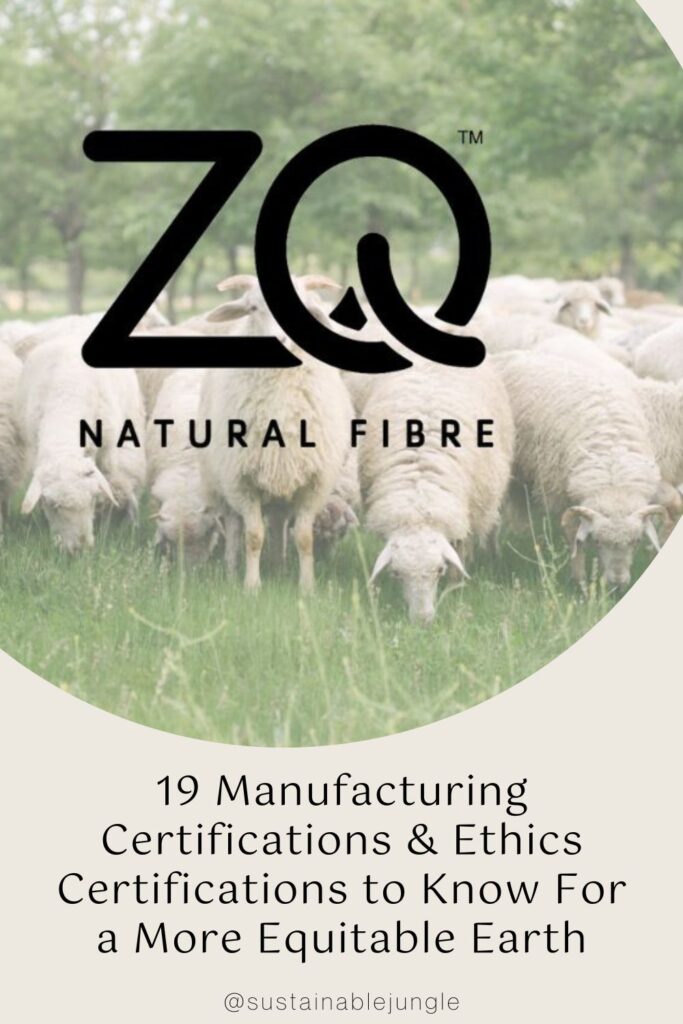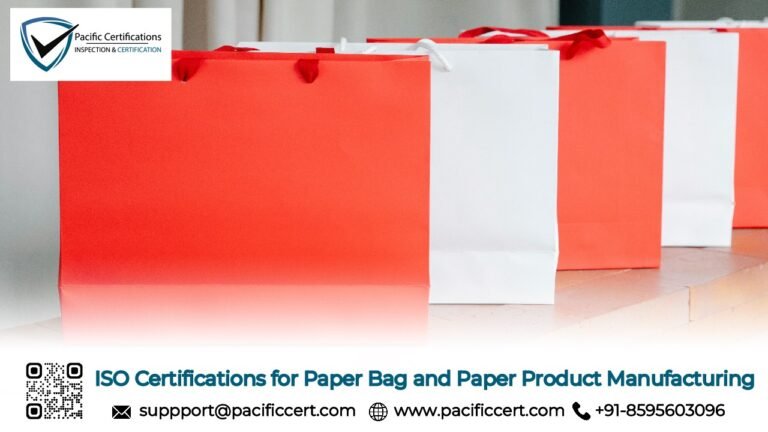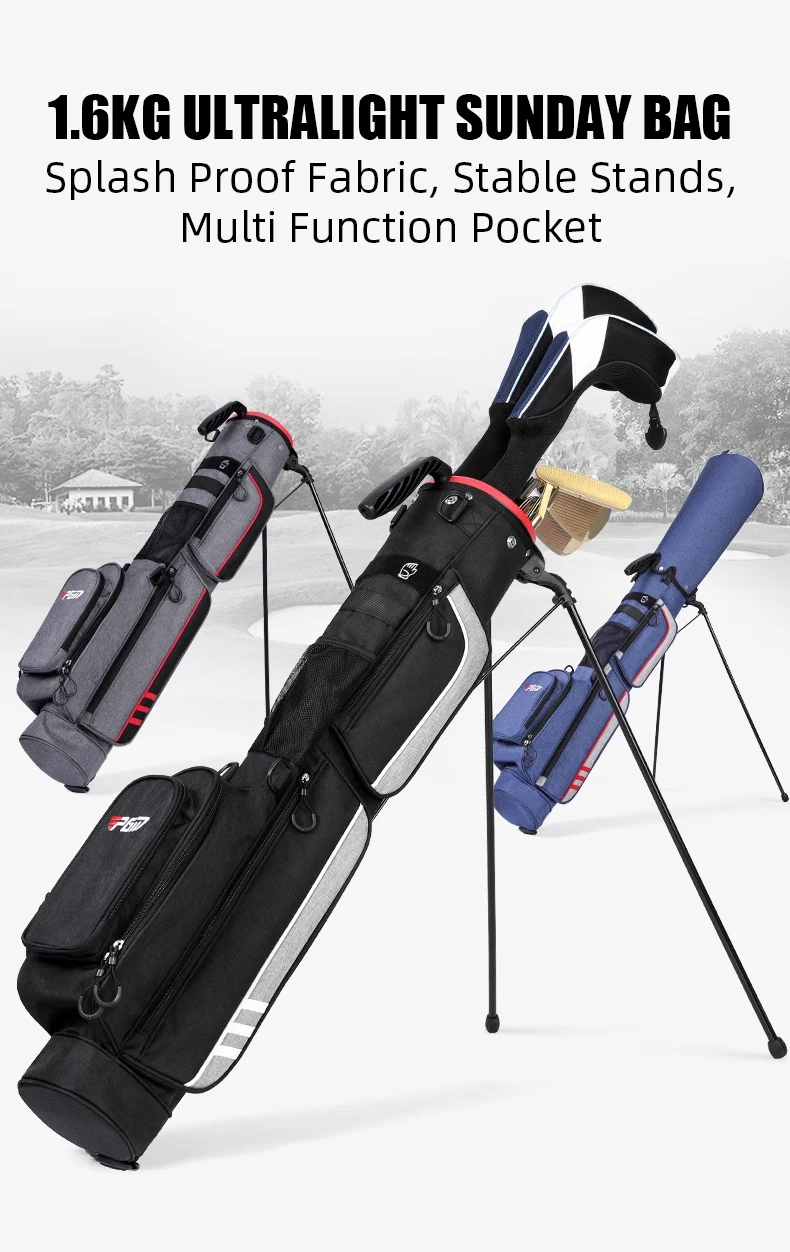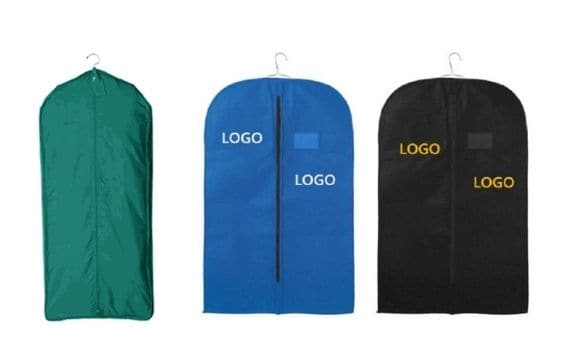Bag manufacturing certifications verify a brand’s commitment to quality, ethical labor, and environmental standards, building trust and ensuring product integrity.

In an increasingly conscious market, understanding the credentials behind your favorite accessories is essential. These endorsements provide transparency into the entire production process, from sourcing raw materials to the final stitch. This breakdown illuminates the most significant certifications shaping the industry in 2025, empowering you to make more informed purchasing decisions.

Table of Contents
- Why Do Manufacturing Certifications Matter for Bags?
- Key Environmental Certifications for Sustainable Production
- Social and Ethical Certifications Upholding Human Rights
- Quality Management Certifications: The Mark of Consistency
- How Can You Verify a Brand’s Certifications?
- A Commitment to Craftsmanship and Ethical Principles
Why Do Manufacturing Certifications Matter for Bags?
Manufacturing certifications are official accreditations awarded by independent third-party organizations. They serve as a verifiable benchmark, confirming that a company’s products, processes, or systems meet specific, rigorous standards. For consumers, these logos and labels cut through marketing noise, offering a reliable sign of a brand’s dedication to more than just aesthetics. They signify a tangible commitment to accountability across the supply chain.

In 2025, the demand for transparency is at an all-time high. Shoppers are no longer just buying a product; they are investing in a brand’s values. A certification acts as a promise—a promise of environmental responsibility, ensuring materials are sourced and processed with minimal ecological impact; a promise of ethical treatment, guaranteeing that the artisans and workers crafting the bags are treated with dignity and fairness; and a promise of unwavering quality, indicating that the product is built to last through standardized, repeatable processes.
Key Environmental Certifications for Sustainable Production
Environmental certifications focus on the impact of manufacturing on the planet. They assess everything from raw material sourcing and chemical usage to water consumption and waste management. For bags, especially those made from leather or complex textiles, these endorsements are critical indicators of a brand’s ecological footprint.
Leather Working Group (LWG)
What it is: The Leather Working Group (LWG) is arguably the most important environmental certification for leather goods. It is a multi-stakeholder group that develops and maintains an auditing protocol for the leather manufacturing industry. Tanyards are audited and rated Gold, Silver, or Bronze based on their environmental performance.
What it certifies: The LWG audit assesses factors like water and energy usage, waste management, air emissions, and the management of restricted substances. A bag made with LWG-certified leather comes from a tannery that actively works to reduce its environmental impact. This is a crucial standard for any consumer concerned with the sustainability of their leather accessories.
Global Recycled Standard (GRS)
What it is: The GRS is an international, voluntary standard that sets requirements for third-party certification of recycled content, chain of custody, social and environmental practices, and chemical restrictions. It is often applied to the linings or textile components of a bag.
What it certifies: A GRS certification verifies that the materials used contain a specific percentage of recycled content. It also ensures that the production process adheres to strict environmental and social criteria, such as fair labor practices and the prohibition of hazardous chemicals. When you see a GRS label, you know the brand is genuinely incorporating recycled materials responsibly.
OEKO-TEX® STANDARD 100
What it is: OEKO-TEX® is a globally recognized testing and certification system for textiles. While it covers a wide range of products, the STANDARD 100 is most relevant for bags, particularly their fabric linings, threads, and zippers.
What it certifies: This label guarantees that every component of the certified item has been tested for harmful substances and is therefore harmless for human health. It provides consumers with confidence that the bag they carry does not contain chemicals that could be detrimental to their well-being, moving beyond just environmental impact to personal safety.
Social and Ethical Certifications Upholding Human Rights
These certifications shift the focus from the planet to the people behind the products. They ensure that workers are treated fairly, paid a living wage, and operate in safe conditions. For a handcrafted item like a premium bag, knowing the artisan was respected is paramount.
SA8000® Standard
What it is: The SA8000® Standard is a leading social certification for factories and organizations across the globe. It is based on international human rights norms and national labor laws, creating a common framework for fair and decent working conditions.
What it certifies: An SA8000-certified facility has undergone a rigorous audit that prohibits child labor, forced labor, and discrimination. It also ensures health and safety measures are in place, allows for freedom of association and collective bargaining, and mandates fair wages and working hours. It is a comprehensive standard for social accountability in any supply chain.
Fair Trade Certified™
What it is: Fair Trade is a global movement and certification system that aims to empower producers in developing countries. When a product is Fair Trade Certified™, it means it was produced according to rigorous social, environmental, and economic standards.
What it certifies: This certification ensures that workers receive fair wages, work in safe conditions, and can build sustainable livelihoods. A portion of the product’s price also goes into a Community Development Fund, which workers can use to improve their communities. For accessories sourced from artisanal communities, this certification is a powerful indicator of ethical partnership.
B Corp Certification
What it is: Certified B Corporations are businesses that meet the highest standards of verified social and environmental performance, public transparency, and legal accountability to balance profit and purpose. It is a holistic certification of the entire company, not just a single product line.
What it certifies: A B Corp certification assesses a company’s overall positive impact on its workers, community, customers, and the environment. Choosing a bag from a B Corp means you are supporting a business that is legally required to consider the impact of its decisions on all stakeholders, marking a deep-seated commitment to using business as a force for good.
Quality Management Certifications: The Mark of Consistency
While environmental and social standards are crucial, the longevity and reliability of a bag depend on quality. Quality management certifications ensure that a company has systems in place to consistently produce high-quality products that meet customer expectations.
ISO 9001:2015
What it is: ISO 9001 is the international standard for a quality management system (QMS). It is used by organizations to demonstrate their ability to consistently provide products and services that meet customer and regulatory requirements.
What it certifies: This certification does not relate to the product itself, but to the processes that create it. A manufacturer with ISO 9001 certification has established procedures for everything from design and development to production and delivery. It signals a strong focus on customer satisfaction, continuous improvement, and a systematic approach to quality control, resulting in a more reliable and well-made bag.
How Can You Verify a Brand’s Certifications?
Seeing a logo on a product page is a good start, but savvy consumers can go a step further. Genuine certifications are verifiable. Here is a simple way to check:
| Certification Body | Verification Method |
|---|---|
| Leather Working Group (LWG) | Check the official LWG website, which maintains a list of audited and certified tanneries and brands. |
| Fair Trade Certified™ | Search for the brand or product on the official Fair Trade website’s database. |
| B Corp | Use the B Corp directory online to find certified companies and view their impact scores. |
| ISO 9001 / SA8000 | Ask the company for their certification number and the name of the certifying body, which can often be verified. |
Taking a moment to verify a claim builds confidence and holds brands accountable. Look for transparency; companies that are proud of their certifications will make them easy to find and verify.
A Commitment to Craftsmanship and Ethical Principles
Understanding these certifications provides a framework for evaluating a brand’s integrity. At Beldura Leather, our foundation is built on the principles that these standards represent. We are dedicated to creating timeless pieces through unwavering craftsmanship and ethical sourcing. Each bag is a testament to quality, handcrafted from genuine leather selected for its durability and character.
While formal certification is a complex journey, our operational philosophy aligns with the spirit of these accreditations. We prioritize working with suppliers who share our values of respect for people and the environment. This commitment ensures that every Beldura product you carry is not only a symbol of style but also a reflection of responsible and thoughtful manufacturing.



